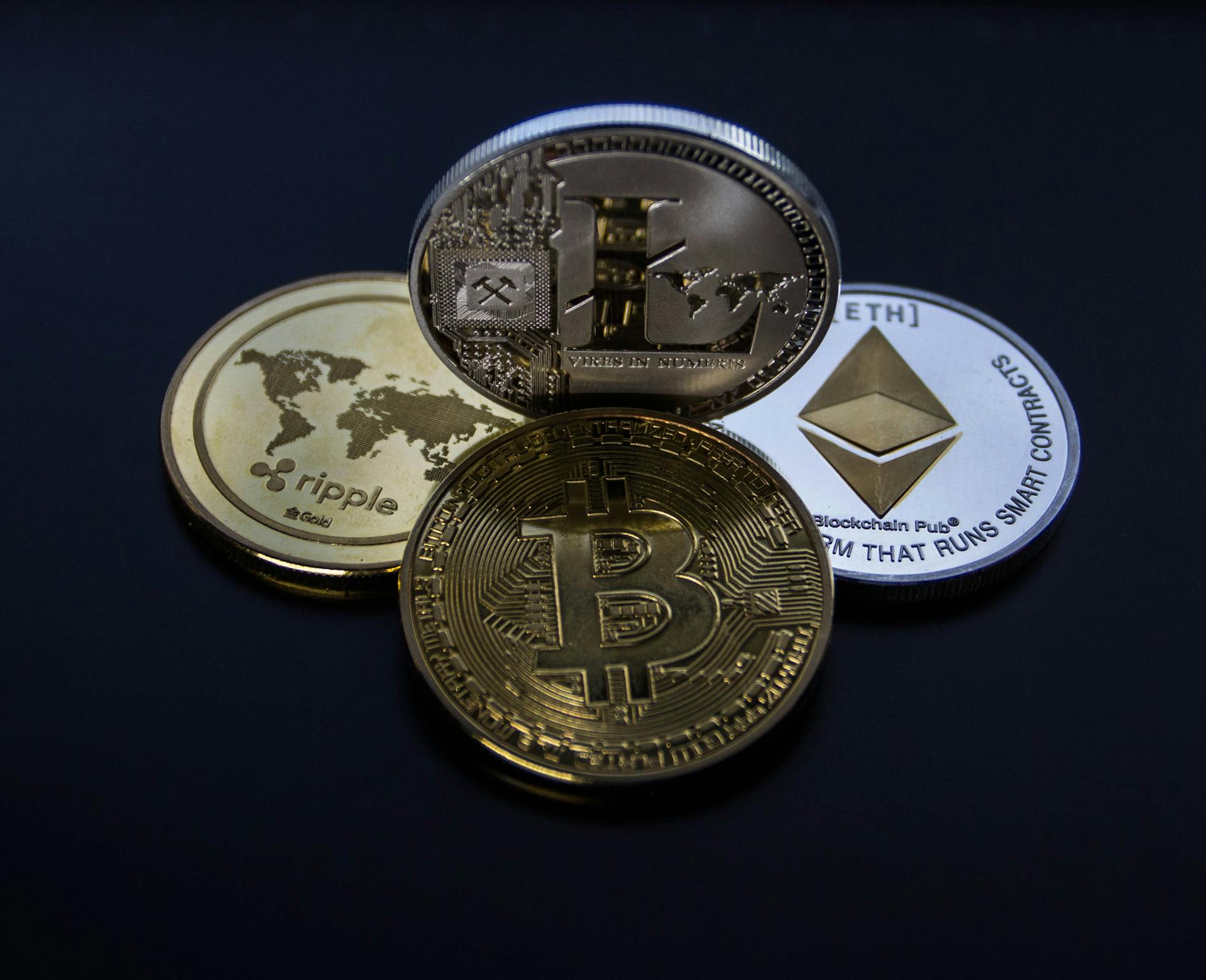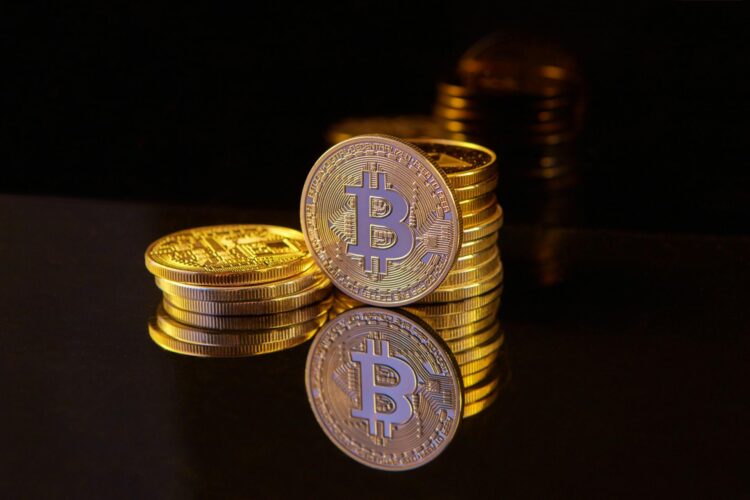Cryptocurrencies have transformed the financial landscape, with Bitcoin as the pioneering digital currency. Yet, the crypto realm is far from limited to just Bitcoin; it’s brimming with numerous alternative cryptocurrencies or “altcoins,” each boasting its unique attributes and applications. The exciting diversification of the cryptocurrency market also brings about the challenge of seamlessly transferring value between these diverse coins. In this article, we delve into the intriguing concept of streamlining altcoin transfers through Bitcoin, offering a promising solution to the intricate task of transferring assets across various blockchain ecosystems. So, if you are looking for a website that connects you to investment education firms that can help you along your investment journey, consider visiting http://trade-reopro.com/.

Altcoin Transfer Challenges
Scalability issues in the altcoin space
Altcoins often struggle with scalability problems, leading to slow transaction processing times and high fees. The increase in demand for altcoins has strained their respective networks, making it challenging for users to transfer assets quickly and cost-effectively.
High transaction fees and slow confirmation times
Altcoin transfers can incur hefty fees and experience delays in confirmation due to network congestion. These inefficiencies hinder the seamless movement of assets within the cryptocurrency ecosystem.
The risk of cross-border transfers
Transferring altcoins across borders can be particularly cumbersome due to varying regulations and compliance requirements. Users face the risk of delays, additional fees, and potential legal obstacles when attempting cross-border transfers.
Atomic Swaps: The Fundamental Concept
What are atomic swaps?
Atomic swaps are smart contracts that enable the exchange of cryptocurrencies between two parties without the need for an intermediary, such as a centralized exchange. These swaps occur atomically, meaning they either execute in their entirety or not at all.
How do atomic swaps work?
Atomic swaps utilize specific cryptographic techniques to ensure that both parties involved in the exchange fulfill their obligations. This trustless process eliminates counterparty risk and enhances security.
Advantages of atomic swaps over traditional exchanges
Atomic swaps offer several advantages, including enhanced privacy, reduced reliance on centralized exchanges, and the ability to trade directly between different blockchain ecosystems, promoting decentralization.
Bitcoin’s Role in Atomic Swaps
The importance of Bitcoin’s liquidity
Bitcoin’s high liquidity makes it an ideal candidate for facilitating atomic swaps. Its widespread adoption and deep market provide ample trading pairs and liquidity for a wide range of altcoins.
Scripting capabilities and smart contracts in Bitcoin
Bitcoin’s scripting language enables the creation of smart contracts, a fundamental requirement for executing atomic swaps. These contracts are self-executing and ensure the security and fairness of the exchange.
How Bitcoin enables secure and trustless atomic swaps
Bitcoin’s role as a neutral intermediary in atomic swaps ensures that both parties fulfill their obligations simultaneously. This trustless nature eliminates the need for escrow services or third-party oversight.
Real-World Use Cases
Case study: Bitcoin and Litecoin atomic swaps
The Bitcoin-Litecoin atomic swap serves as a prime example of a successful cross-chain exchange. This pioneering swap demonstrated the potential of Bitcoin in streamlining altcoin transfers.
Other altcoins utilizing Bitcoin for transfers
Various altcoins have explored atomic swaps with Bitcoin to enhance their transfer capabilities. These collaborations aim to offer users faster and more cost-effective cross-chain transactions.
Potential benefits for decentralized finance (DeFi) projects
DeFi projects, which often involve multiple blockchain assets, can leverage Bitcoin’s atomic swap capabilities to create more efficient and secure financial products. This opens up new possibilities for DeFi innovation.
The Future of Altcoin Transfers via Bitcoin
Enhancements in Bitcoin’s capabilities
Bitcoin’s ongoing development includes improvements that will further enhance its suitability for atomic swaps. These enhancements could lead to even more efficient and secure altcoin transfers.
Cross-chain compatibility and interoperability
As blockchain technology evolves, we can expect increased cross-chain compatibility and interoperability, making it easier for different cryptocurrencies to work together seamlessly.
Potential challenges and regulatory considerations
While streamlining altcoin transfers via Bitcoin offers numerous benefits, it may also pose regulatory challenges in some jurisdictions. Staying informed about the evolving regulatory landscape is crucial.
Conclusion
In conclusion, streamlining altcoin transfers via Bitcoin represents a promising solution to the challenges associated with moving assets between different blockchain ecosystems. Atomic swaps, with Bitcoin as a trusted intermediary, offer enhanced security, speed, and efficiency in the world of cryptocurrency transactions. As Bitcoin continues to evolve and as blockchain technology matures, we can expect even more exciting developments in this space. Staying informed and exploring the possibilities of altcoin transfers via Bitcoin will be key to navigating the ever-changing crypto landscape.




